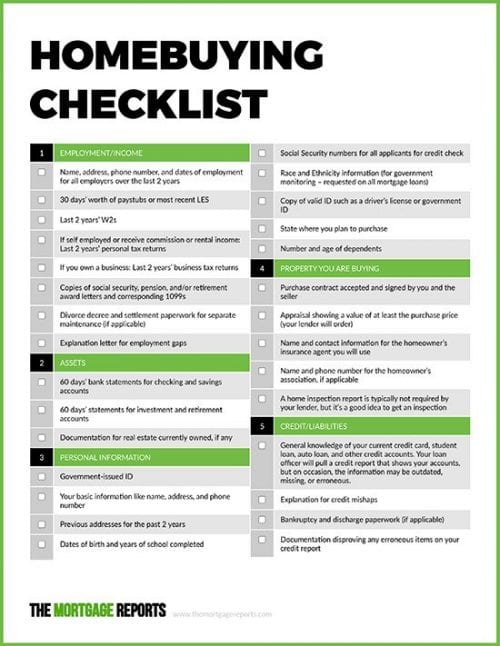
How to Qualify For a Mortgage
The process of qualifying for a mortgage can be very similar to the one you would use for your first mortgage. Lenders will consider the borrower’s income, assets, credit score, and current property value, along with the loan amount. To determine whether or not you are a good fit for the loan, you need to shop around and compare rates and fees.
Make sure you shop around for a mortgage. Often, advertisements for home loans do not include the full fees involved. You should get all the information you can about the different mortgages. It’s important to compare interest rates and costs from several lenders and always ask questions until you feel comfortable with the answers. A preapproval letter will also show the seller that you are serious about buying a house.
Ensure your credit rating is excellent. Your debt-to-income ratio is an important factor in determining how much you can borrow. If you have a history of late payments or bankruptcy, it’s essential to have a healthy credit score since it will give you more options for a mortgage. If you’re worried about your credit, try a free mortgage calculator from NerdWallet to see how much you can realistically afford each month.
Obtaining a mortgage that suits your needs is important, but it’s also crucial to have the right kind of credit. Your debt-to-income ratio is important in determining the size of your home loan. A higher debt-to-income percentage lowers your monthly payment, but it may also increase the overall interest costs. A lower debt-to-income ratio allows you to qualify for a better mortgage, so be prepared for the unexpected.
The longest mortgage term is best. It will minimize your monthly payments and increase your total cost to repay the loan. A longer loan will lower your interest costs and increase your monthly payments in the long run. When the rate increases, you’ll be stuck with a mortgage that’s not affordable. In addition, you’ll end up paying more than your home is worth.
When applying for a mortgage, make sure you’re aware of your debt-to-income ratio. If your debt-to-income balance is above 80%, you’ll need to lower your monthly payments. Additionally, check out your credit history to avoid any problems with loan eligibility. If your credit score is below 720, you’ll need to consider the interest rate of your home to determine if it’s affordable.
The first thing to remember when looking for a mortgage is understanding your debt-to-income ratio. This is a key component of determining the amount of home loan you’ll be able to afford. It is also vital, to be honest about your credit history. Even if you have a bad credit history, don’t worry-it’s not impossible to repair.
When applying for a home loan, it’s important to know your debt-to-income ratio. Although many loan programs allow borrowers to have up to 50 percent debt-to-income ratios, it’s still important to know your debt-to-income level. Be sure to ask for clarifications on all of these terms and conditions. The lender should be willing to negotiate a lower interest rate if it’s reasonable to do so.
Before you go ahead with the application process, look at your credit report. It’s vital to ensure your credit is in good standing. A healthy credit score can help you secure a loan with a lower interest rate. It also shows home sellers that you’re a reliable buyer. A lender’s willingness to work with you to improve your credit score can make the process much easier.